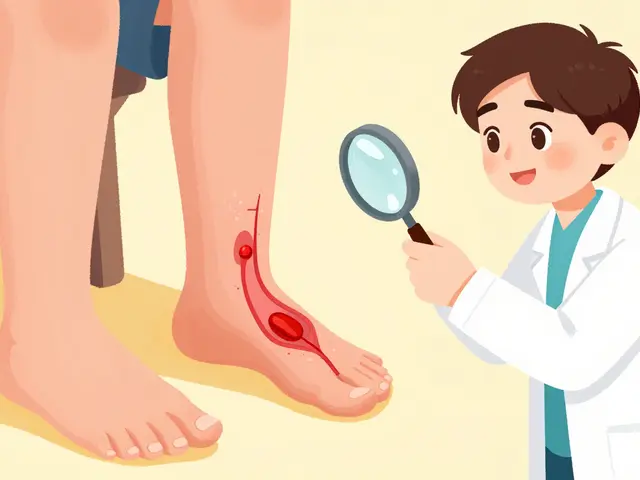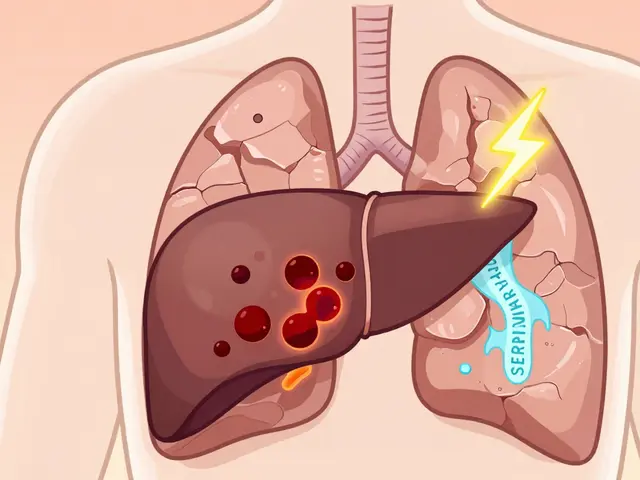Black Cohosh – What It Is and Why It Matters
When exploring black cohosh, a perennial herb native to North America often used for women's health issues, also known as Cimicifuga racemosa, many wonder if it really works for hot flashes. During menopause, the natural transition that ends menstrual cycles and brings hormonal shifts, symptoms like night sweats, mood swings, and sleep problems can feel overwhelming. Some turn to hormone therapy, medical treatment that supplies estrogen or a combination of estrogen and progesterone to balance levels as a proven option, while others seek plant‑based alternatives. Black cohosh contains phytoestrogens that bind to estrogen receptors, which means it can mimic mild estrogen activity without the full‑dose impact of prescription hormones. This herb also offers anti‑inflammatory compounds that may ease joint discomfort that often accompanies hormonal changes.
How Black Cohosh Stacks Up Against Other Options
Understanding the differences helps you choose the right path. Traditional hormone therapy, like Premarin or synthetic estrogen pills, delivers a controlled dose that reliably reduces hot flashes for most users, but it carries risks such as blood clots or breast tissue stimulation. Black cohosh, by contrast, works through plant‑derived compounds that barely raise blood estrogen levels, so it tends to have a safer profile for women with a history of hormone‑sensitive conditions. However, the evidence is mixed: some clinical trials report a 60‑70% reduction in night sweats, while others see modest benefits. Aside from efficacy, cost matters—a month’s supply of black cohosh extract is often cheaper than a prescription regimen, and it’s available over the counter in many countries.
When deciding, consider your personal health picture. If you’ve experienced severe vasomotor symptoms, hormone therapy might provide faster relief, but if you prefer a natural route and have mild to moderate complaints, black cohosh could be a practical first step. Keep an eye on dosage (typically 40‑80 mg of standardized extract per day) and watch for side effects like stomach upset or rare liver issues. Combining black cohosh with other herbal allies—such as sage for sweating or chasteberry for mood balance—can create a broader support system without stacking hormones. Below you’ll find a curated selection of articles that dive deeper into black cohosh’s science, compare it with hormone therapy, and offer buying guides for safe, affordable supplements.
Effective Natural Remedies for Menopause Symptoms
Discover proven natural remedies for menopause symptoms, from herbs and phytoestrogens to lifestyle tweaks, with safety tips and evidence levels.
Read More





